For who-knows-how-many years now, a not insignificant number of guitarists have been referring to their instruments using either given names (à la B.B. King and “Lucille”) or generic third-person references (e.g., “My Strat’s back on her feet again—I just put a new set of pickups in her, and she sounds amazing”). I’ll refrain from opining about whether that’s harmless, good-old-fashioned folksiness, antiquated discourse unbefitting the times, or flat-out creepy (or maybe a little of each). Instead, I’ll just say that this quirk from the guitar-o-verse recently got me thinking about whether there might be some insights from healthy long-term relationships with significant others that might also translate to the guitar in the abstract.
Uhhh … strange topic, Shawn. Yeah, I know. But think about: Wherever the jury lands on referring to an inanimate object you spend lots of hands-on, one-on-one time with using expressions usually reserved for human beings with feelings and thoughts and rights, the simple fact is that if you get into playing the guitar with the expectation that it’s going to be a long-term thing, you’re going to end up facing issues that are similar in some ways to what you go through in relationships with actual living, breathing humans who can tell you to get your grimy mitts off them when you’re all hot and bothered and making that gross solo face. And to weather those issues, perhaps there are some transferable lessons from sentient-being relationships.
For starters, you and your axes should be together for the right reasons. If you committed to this thing not because the music you make together fills you with joy and wonder like nothing else, but because you think it’ll get you chicks (or dudes), make you look cool at your high-school reunion or company party, or reel in fortune and fame, then it might be time for a heart-to-heart with your instrument. Otherwise, it’s going to end in a messy separation that costs beaucoup bucks and makes the kids hate you.
Another important aspect of healthy relationships is to have realistic expectations. In the guitar realm, perhaps this would translate to how you expect to sound and play in comparison to your heroes. Because even if you’ve got the time to woodshed the licks, songs, and sounds of your heroes, you simply are not them and you never will be—nor should you be. You need to be you. Another thing: You’re not always going to love how you sound. Sometimes you’ll sound like ass (at least to your own overly critical self) despite your best efforts at mastering techniques and dialing in quality gear. Sometimes you’ll absolutely hate how you sound and wonder why the hell you even bother. Everyone, from the greatest musicians ever (even the megalomaniacs) on down to us mortals, struggles with these insecurities.
Sometimes the best thing to do during these times of doubt is to give each other—you and your beloved/confounded instruments—some space. A stimulating, varied life away from your guitar isn’t just conducive but critical to a long, productive, fulfilling “relationship” with it (not to mention with the humans in your orbit). However, unlike with your spouse or partner, sometimes the relationship hiatus needs to be days or weeks rather than a night out with the guys or girls. I’ve interviewed professional musicians who’ve said they don’t touch a guitar for months after a long, grueling tour, because they know the extracurricular time will reinvigorate them for the next go-around.
It’s also important to realize that, during your life with the 6-string (or however many strings you fret), you’re bound to change—a lot. And that’s good. In fact, if you’re not changing—learning, evolving, experimenting, pushing yourself—then something’s wrong. If you started playing guitar ages ago because of [insert name of guitar idol], and today you’re still hyperfocused on their work, it’s as much of a tragedy as if you approached significant Homo sapiens others the way you treated people you had a crush on as a kid.
It’s also a huge deal to realize it’s not just the big things you do that get you further along the path toward oneness with your chosen instrument. It’s not just the hours spent nailing specialized picking techniques or sight-reading or chord theory. It’s also things as seemingly minor as experimenting with string gauges or tunings, or changing how you approach vibrato, or identifying musical crutches that make you feel good or stylistic prejudices that insulate you but are probably holding you back.And finally, you’ve got to learn how to surf your guitar life’s waves—its ups and downs. Because let’s be honest: Even though you really are getting better, sometimes the longer you’ve played, the fewer “big victories” you have. You can only learn to do something for the first time once, and the more musical terrain you conquer, the harder it can be to feel like you’re improving. But that’s the insular view. That’s when you need to remember rule No. 1—being together with these glorious stringed noise machines for the right reasons. That’s when you go back and remind yourself of all the incredible experiences they’ve brought you and rediscover a new, wiser, deeper love that enables more of those to unfold. That’s when you renew your vigor and determination and fight off those nagging doubts and insecurities that dog you at seemingly every woodshed session, band rehearsal, or gig. That’s when you remind yourself why you decided to play in the first place—because you simply can’t live without the damn thing.




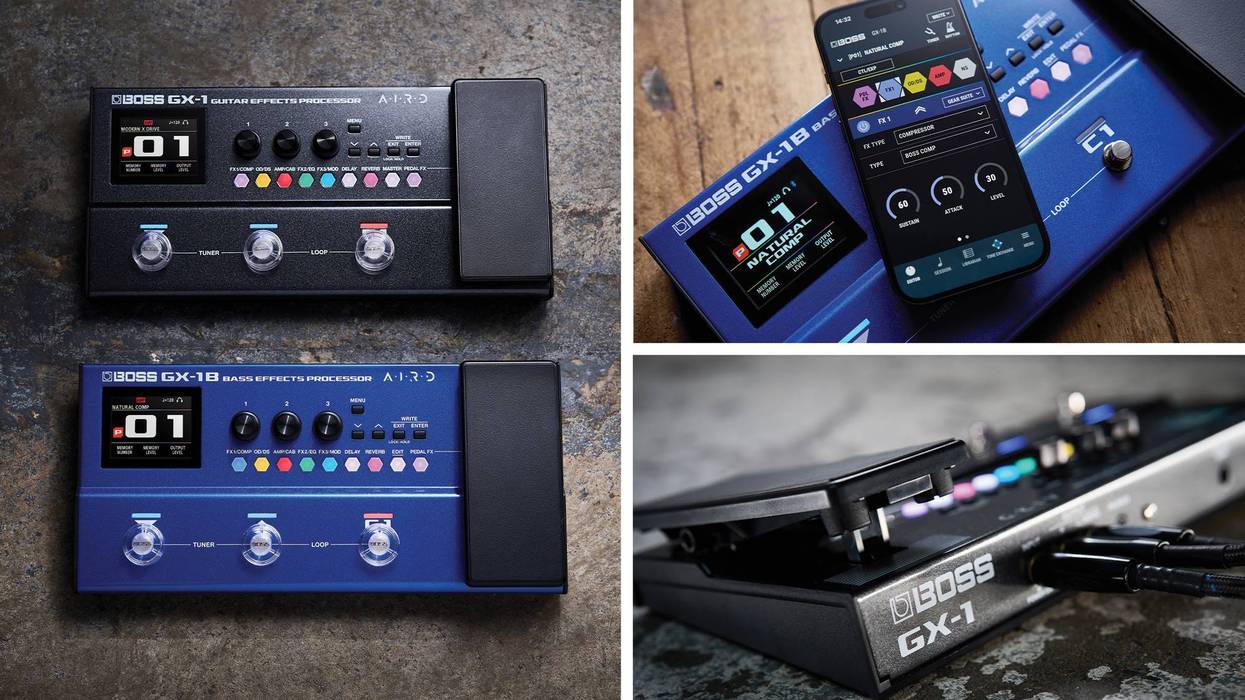
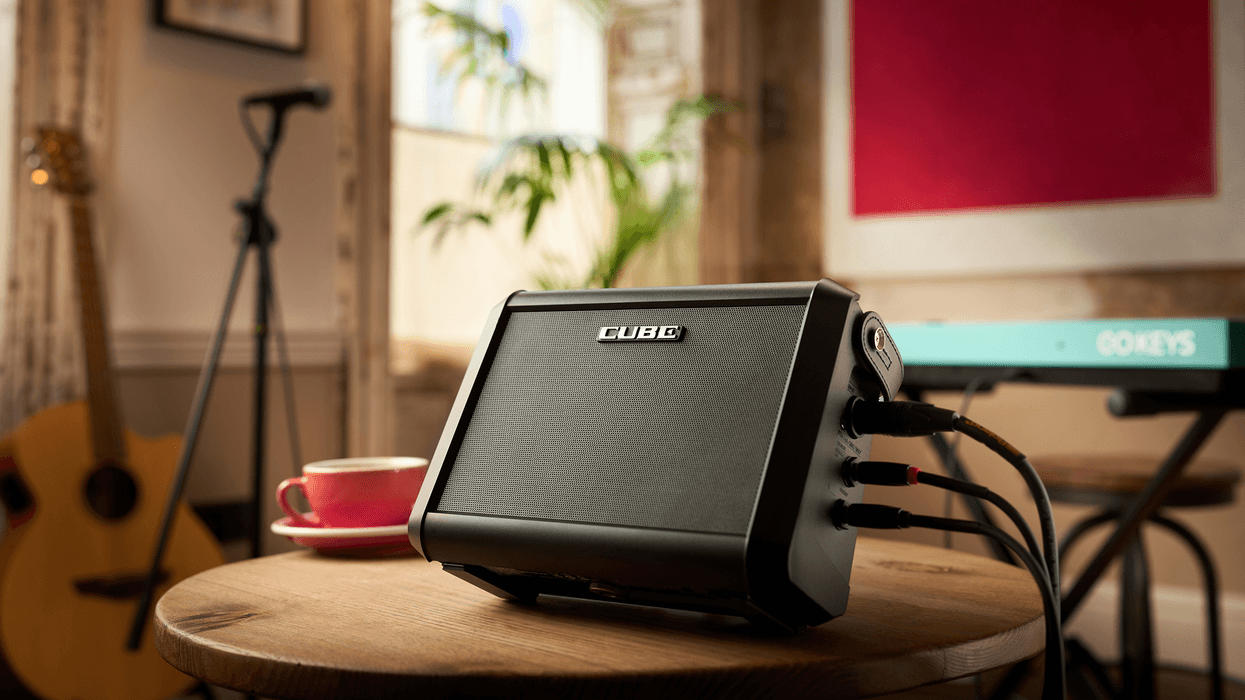

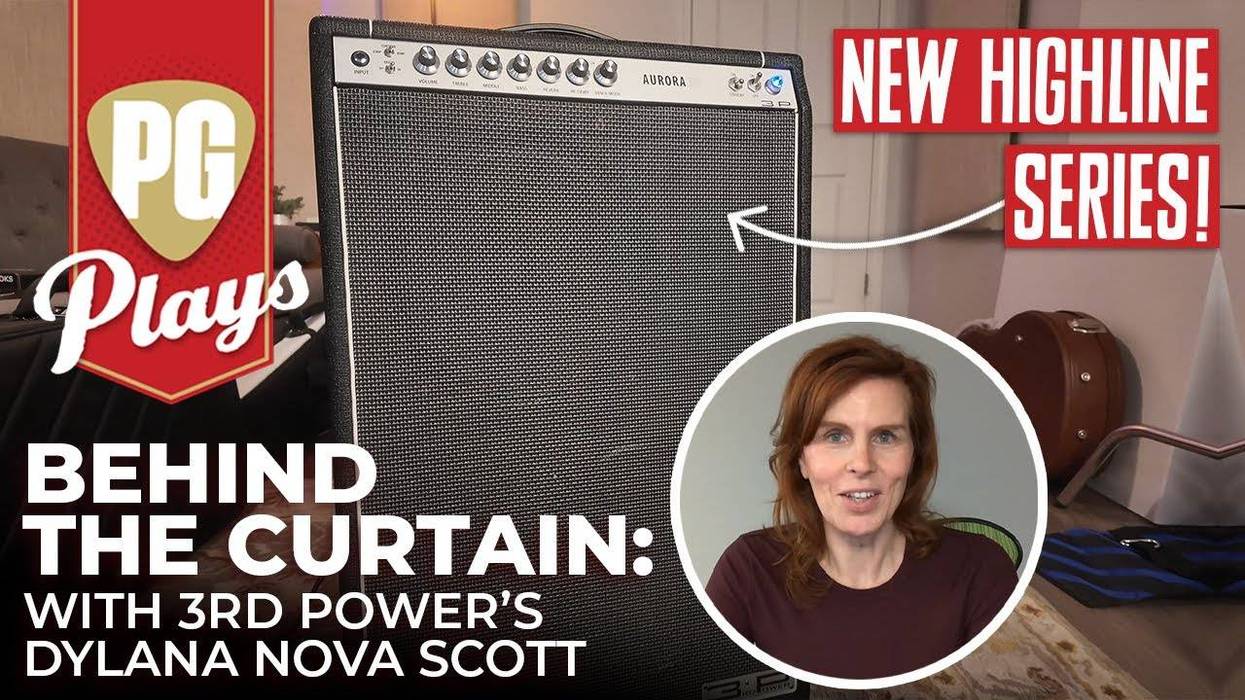
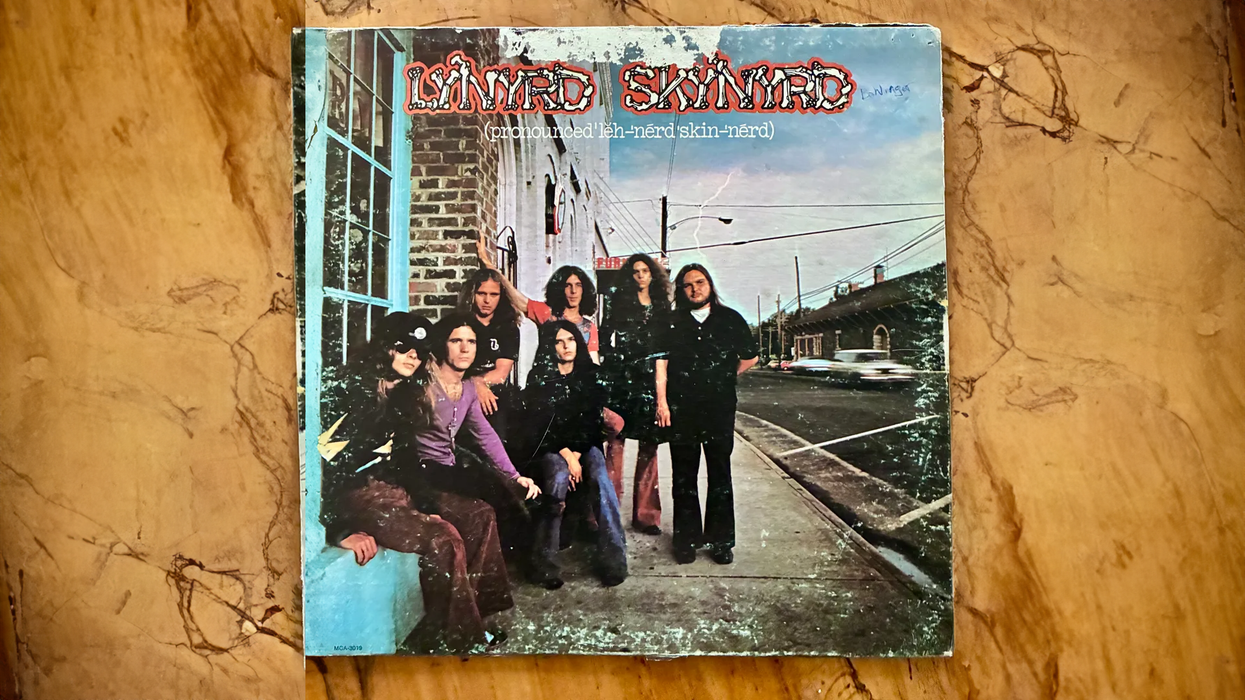

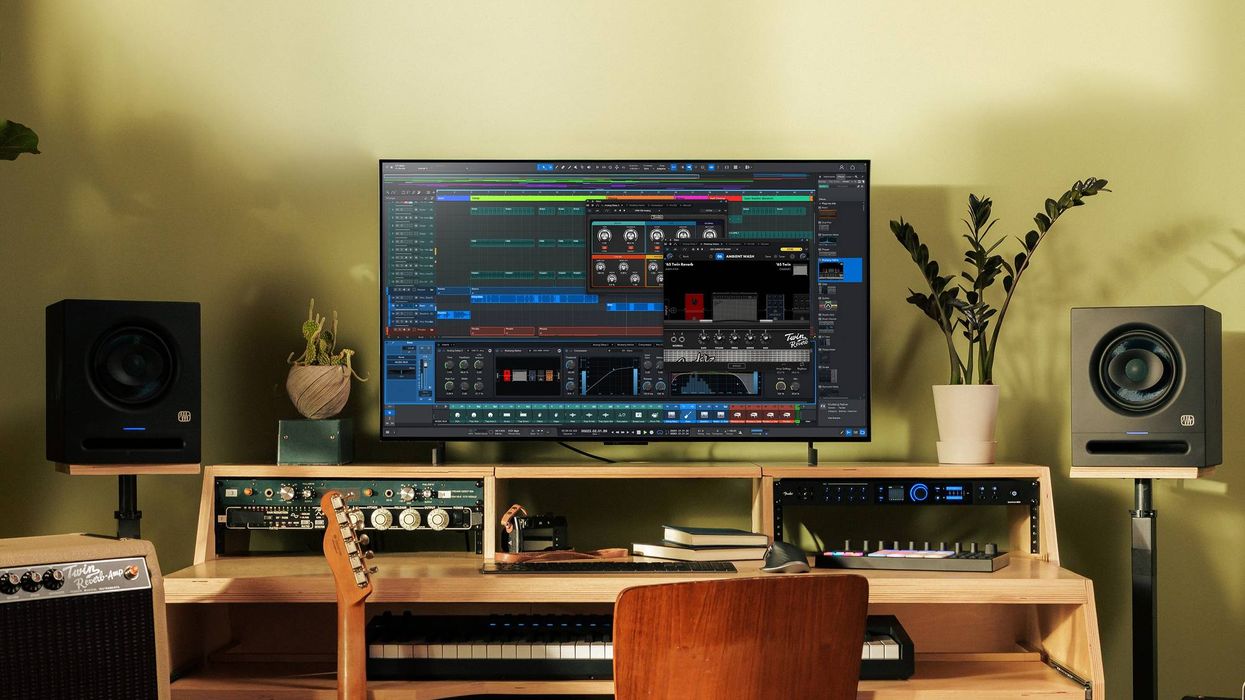
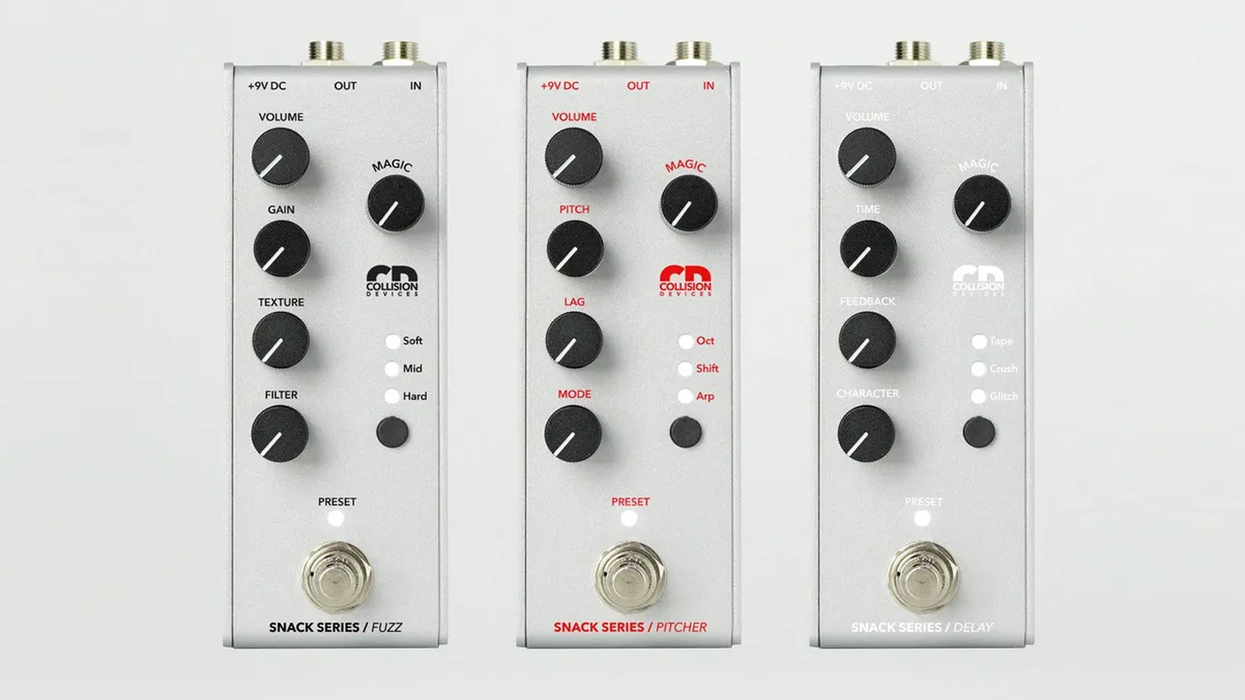

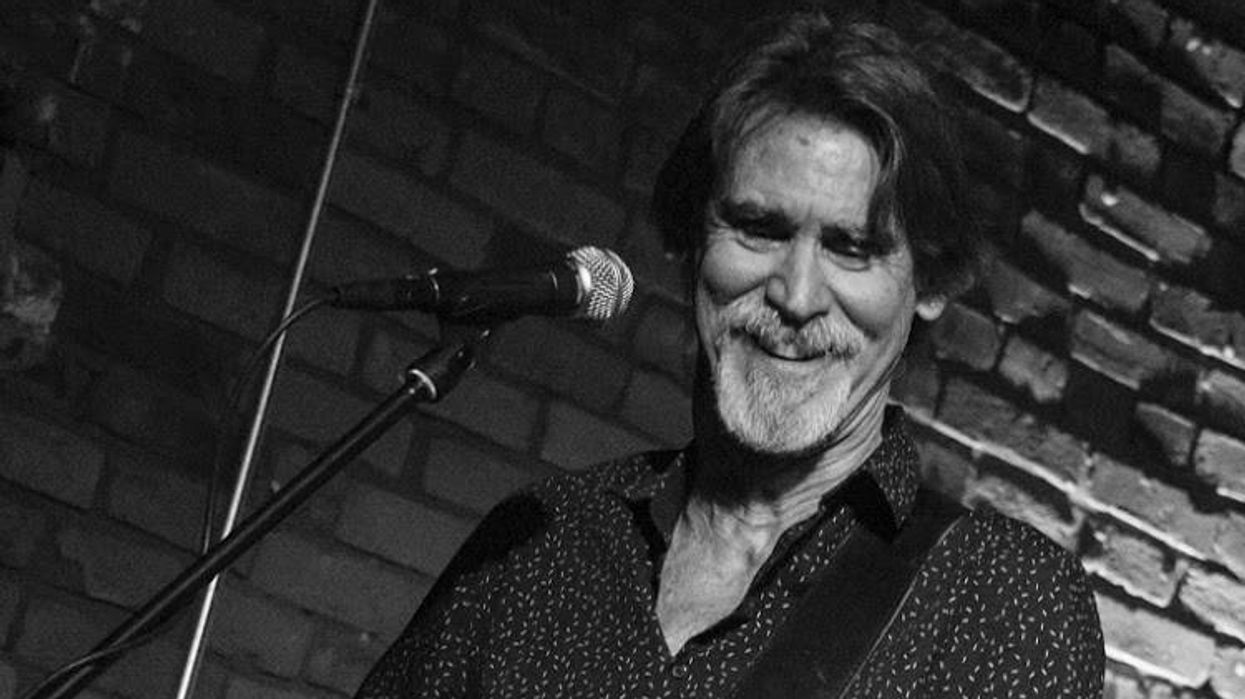
![Rig Rundown: Russian Circles’ Mike Sullivan [2025]](https://www.premierguitar.com/media-library/youtube.jpg?id=62303631&width=1245&height=700&quality=70&coordinates=0%2C0%2C0%2C0)



